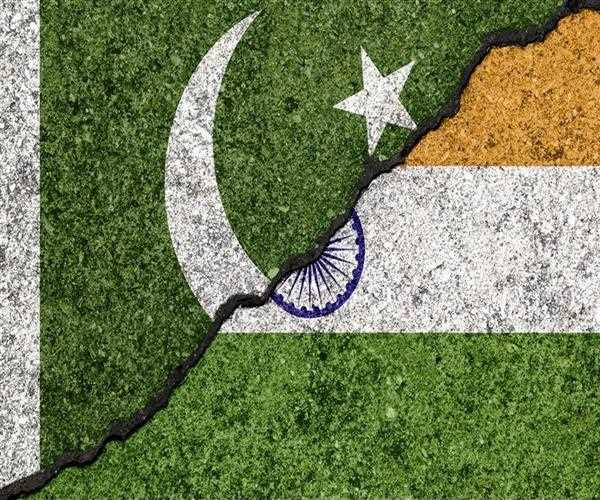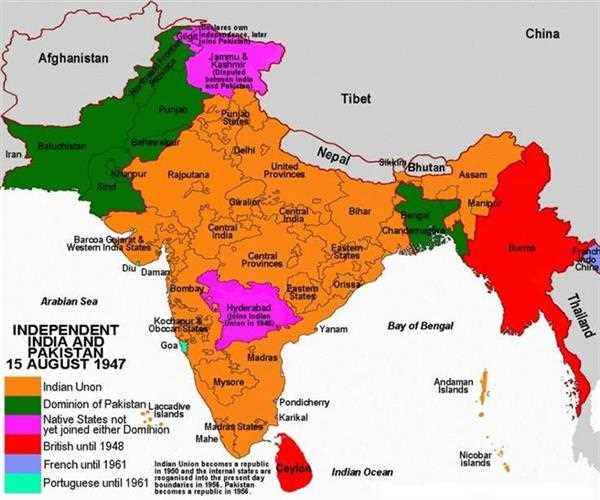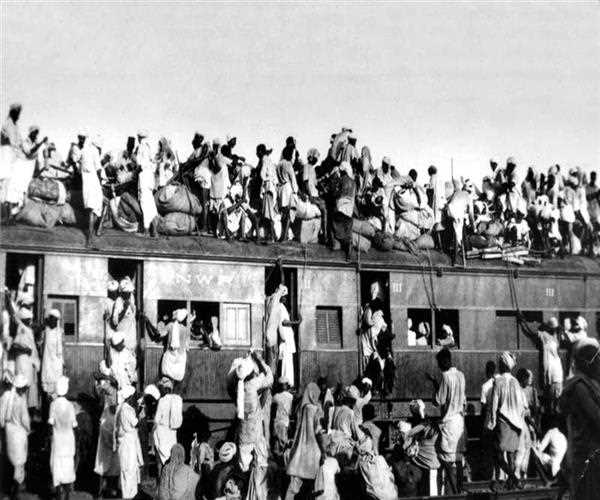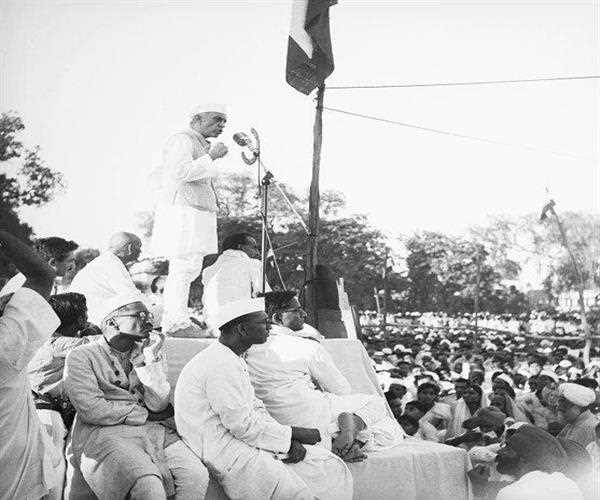
11-Jul-2022 , Updated on 7/11/2022 6:56:08 AM
Gandhi’s role in the Partition of India.
Gandhi’s role in the Partition of India:
When the partition of India took place on 15th of August 1947 many people were of the opinion that it was Mahatma Gandhi who was the main reason behind the partition. But this was not the truth, people misinterpreted the actual scenario. Gandhiji was never in favor of the partition of India but it was the Congress National Party who decided that without partition the situation could worsen. The communal riots taking place all over the country at that time and a lot of people losing their lives made the party take this decision. However, Gandhiji opposed it with tooth and nail, he even went on to say that the partition of India can only happen over his dead body but he was sided by his own party people.
Gandhiji had a great hold of important leaders

of the party or to be said correctly he had the party itself. His supporters were millions and he had a great skill of influencing the masses into action. But still when the partition was announced he was unable to do anything due to the rift of interest between him and other members of the party. Gandhiji was not declared guilty of supporting the partition, people declared him guilty because they thought even though Gandhiji had the power he did not stop the partition of India.
What I feel is that Gandhiji knew the powers he had but had he stopped the partition the consequences would have been catastrophic. Gandhiji was completely shaken by the consequences of Direct Action Day which took place in 1946. He knew what his followers were capable of more than anyone else. He became well aware that trying to stop the partition would lead to uncontrollable chaos and bloodshed and we all know how much he was dedicated towards “AHIMSA” or non-violence.

If we remember clearly, the partition happened in two regions, one at the Punjab border (Pakistan) and other at the Bengal border (East Pakistan or modern-day Bangladesh). During this partition the death toll ranged between 2.5 lac to 5 lac or more. Now, suppose if the partition was annulled the death toll would have risen steeply. There would have been riots in every town and every village of the country. Gandhiji could have stopped the partition but probably half of the population of the country would have perished.
The Muslim league wanted the partition to occur at any cost. They even went on and through their Direct Action Day they challenged that they were willing to participate in any genocide in order to force the partition to occur. The Hindu Mahasabha also wanted the partition to occur, in 1930 Savarkar had proposed his two-nation theory in the Hindu Mahasabha annual gathering. In 1942, he supported Meghalaya government in Sindh for passing an official resolution in the assembly stating the partition.
The only party fighting for United India was Congress under the leadership of Gandhiji but the matters started getting out of hands and riots and bloodshed started to occur all over the country and so all negotiations failed, after which Congress accepted the partition as the only way to restore peace.

The partition of India was not an all of a sudden event. It was a well-groomed decision worked out over many years. The seeds of partition were first shown in 1909 when Minto Act was passed by the Britishers. In this act the Muslims were given separate electorate in order to represent themselves. This spark from the side of Britishers was well enough to light the fire of communalism. During the Quit India movement on the early 1940’s and the major leaders of Indian National Congress were put behind the bars by the British authorities. Jinnah tactfully used this moment of crisis to his benefit and started freely spreading his ideology of a separate nation as the major leaders like Gandhiji, Nehru, Sardar Patel were in jail. Even the British authorities were not interested in stopping this event as they too wanted to use this opportunity to create communal rift.
According to me Gandhiji did all he could to have an independent and united India and avoid partition but he had become a ‘back number’, and could not convince even the ones who were very closest to him, like Nehru and Patel, to agree to make Jinnah the prime minister as Jinnah was an impossible man to negotiate with. But, with time passing by Gandhiji soon realized that the situation had come to a very sensitive stage where one wrong step could disrupt an entire nation and therefore in order to restore peace, he had to accept the partition even after his unwillingness. So, Gandhiji can in no way be held guilty of partition of India.
Also read : Why B.R. Ambedkar said Gandhi is 'Never a Mahatma': A Look at Ambedkar's Gandhi

Student
I completed my post-graduation in 2013 in the engineering field. Engineering is the application of science and math to solve problems. Engineers figure out how things work and find practical uses for scientific discoveries. Scientists and inventors often get the credit for innovations that advance the human condition, but it is engineers who are instrumental in making those innovations available to the world. I love pet animals such as dogs, cats, etc.
Join Our Newsletter
Subscribe to our newsletter to receive emails about new views posts, releases and updates.
Copyright 2010 - 2026 MindStick Software Pvt. Ltd. All Rights Reserved Privacy Policy | Terms & Conditions | Cookie Policy